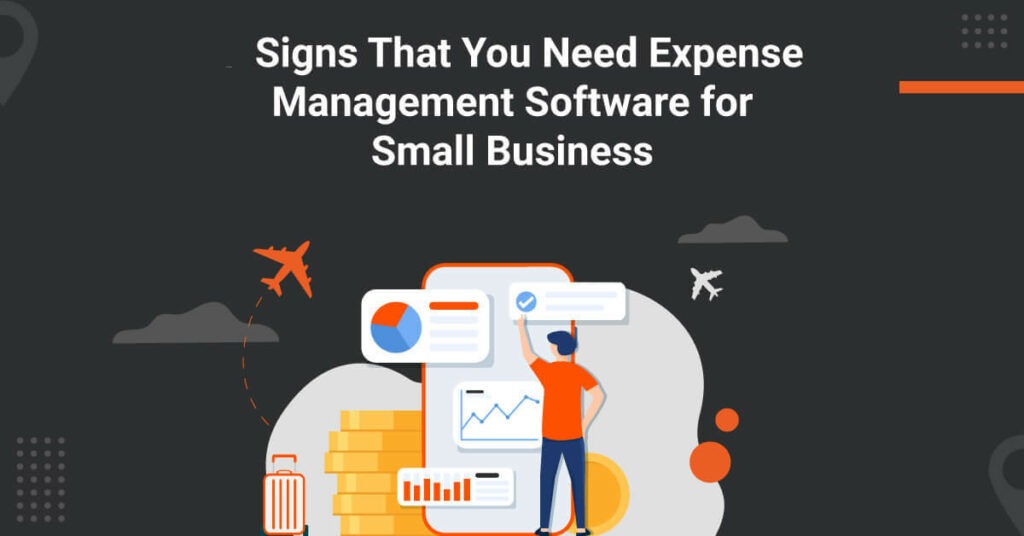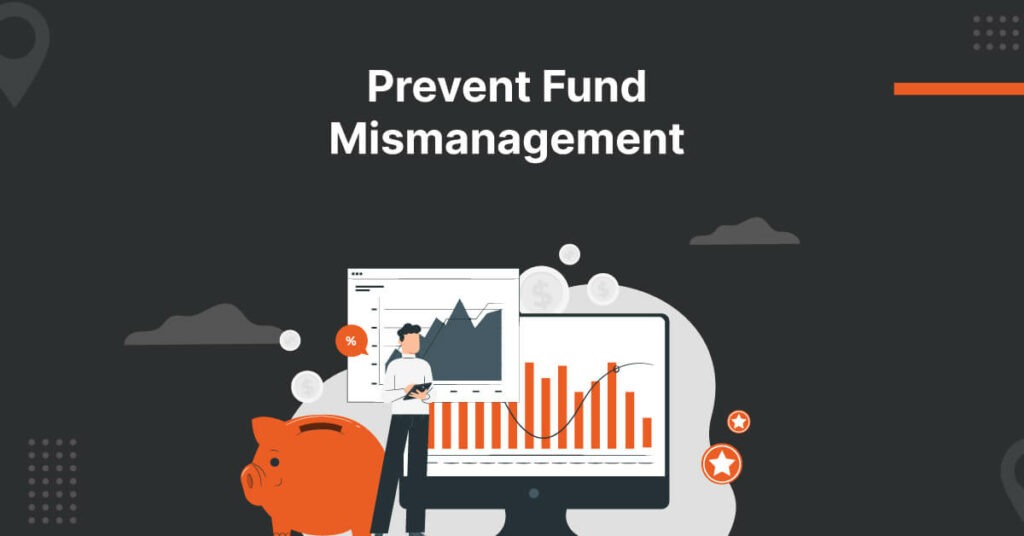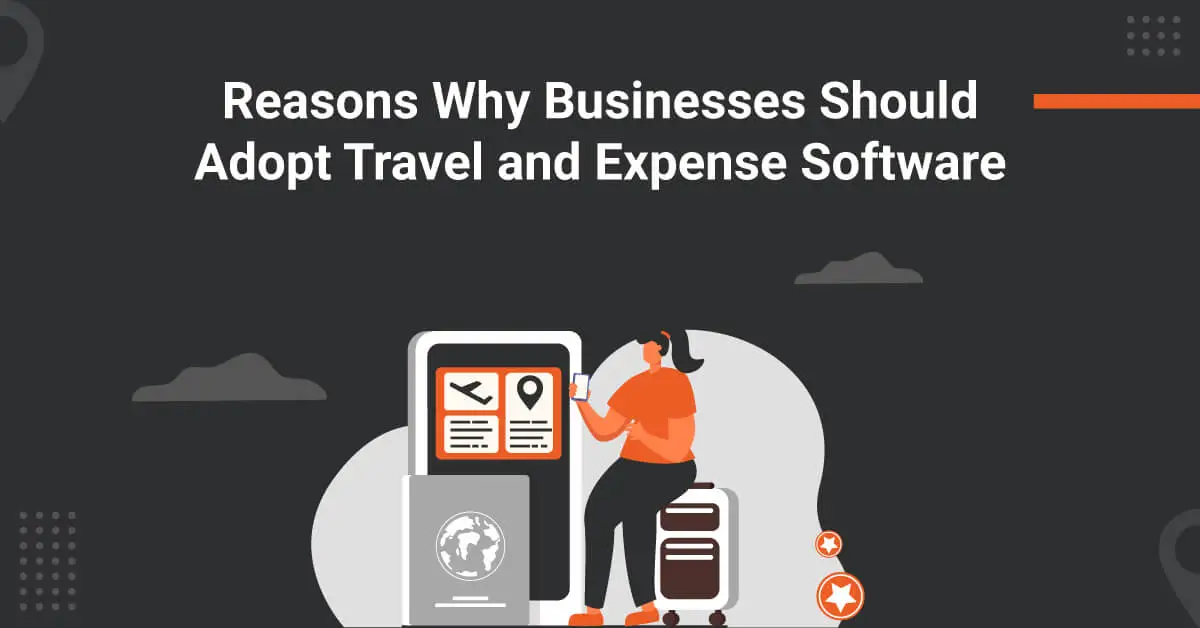
The world of business has undergone an incredible transformation since the year 2020. Recent years have witnessed a complete shift in the way companies operate and how their employees function.
These changes have extended even to the way organizations manage and allocate their financial resources. In the midst of this ongoing revolution, the expense management sector has emerged as a vital player, constantly adapting to technological advancements.
Further, we will explore the latest trends in the expense management industry and uncover their impact on businesses. By gaining a deeper understanding of these dynamic developments, companies can acquire valuable insights to optimize their financial processes.
Artificial Intelligence
The trend of AI in finance and expense management is expected to continue in 2025. AI streamlines the expense management process, eliminating manual and time-consuming tasks.
For instance, AI systems can extract relevant data from receipts and invoices, reducing the need for manual data entry. This saves time for employees and allows them to focus on more value-adding activities.
Another situation where AI is helpful is fraud detection. Fraudulent expense claims can lead to significant financial losses for businesses. AI algorithms can analyze expense data and detect patterns, such as duplicate claims. This helps prevent expense fraud.
Cloud-Based Solutions
Expense management trends, such as using cloud-based solutions, are continuing to gain popularity in 2025. These solutions provide easy access to data from anywhere with the internet. As a result, employees can submit expenses, review financial reports, and work on expense-related tasks remotely.
Cloud-based expense management software, such as itilite, can help companies achieve cost savings in various ways. First, they eliminate the need for hardware and maintenance. Secondly, companies can pay for cloud services on a subscription basis, allowing them to pay for the actual usage and avoid upfront capital.
Predictive Analytics
Predictive analytics allows businesses to analyze expense data and identify trends. By understanding these patterns, managers can predict future expenses and plan their budgets. This approach helps businesses avoid financial issues and ensures that funds are allocated properly.
These analytics also help in reducing risks. For example, let’s consider high-risk flight and hotel vendors. Predictive analytics can assess past data to identify patterns that indicate vendors with a higher chance of engaging in fraud. This data enables companies to take measures to mitigate risks, such as doing more thorough background checks on the vendor.
Mobile Expense Management
Expense management trends such as mobile expense management are expected to gain further traction in 2025. Mobile expense management solutions allow employees to capture receipts using the cameras on their phones. This eliminates the need for manual entry or paper-based processes. By simply taking a photo of a receipt, employees can digitally store it on the mobile app and reduce the risk of lost receipts.
Mobile expense management solutions can enforce expense policies in real time. By integrating expense policies into the mobile app, employees are guided through the process, ensuring that expenses comply with predefined rules. The app can also flag policy violations or spending limits before an employee submits the claims, reducing the risk of non-compliance.
Mobile expense management solutions can integrate with corporate cards and payment methods. After that, the expenses made using these cards are automatically captured. This reduces manual data entry, ensures accurate expense tracking, and streamlines the reconciliation process.
Emphasis on Cybersecurity
As more financial processes are being carried out online, companies understand the need for proper cybersecurity measures. This is because financial data, including expense reports and invoices, must be protected from illegal access or theft. One such measure is encryption, which involves encoding the data to make it unreadable to unauthorized individuals.
Access controls are also crucial in maintaining cybersecurity. These controls restrict access to financial data, allowing only authorized individuals to view or modify it. Further, to stay ahead of cyber threats, companies conduct security audits.
Seamless Payment Solution
Managing expenses across different payment methods and platforms can be tedious. However, with a centralized payment solution, companies can consolidate all business expenses into a single tool. This simplifies the process of tracking and reconciling expenses, as all payments are recorded in one place. Using a single payment solution improves efficiency and provides a 360-degree view of business spending.
Additionally, when businesses operate across borders, they often encounter problems when it comes to managing expenses in different currencies. However, a centralized payment solution can help overcome these difficulties by offering global payment capabilities.
The solution assists companies with foreign exchange. It automatically converts currencies at the prevailing exchange rates. This means they can easily handle expenses in different countries without the hassle of converting currencies manually.
Integration of Accounting and Finance Systems
Expense management trends such as the integration of systems improve the productivity of employees. Integrating accounting and expense management allows for seamless data flow between these systems. Since data is automatically synchronized, it eliminates the need for manual entry and reduces the risk of errors. As a result, it improves efficiency and saves time for finance teams.
Further, the integration of these systems provides a holistic view of financial data. This enhanced visibility enables better financial planning, budgeting, and forecasting. As a result, it leads to improved decision-making.
Sustainable Initiatives
Nowadays, there is a growing emphasis on green initiatives in expense management, which shows how important it is for companies to be environmentally responsible. They understand the need to lessen their impact on the environment and reduce their carbon footprint. To achieve this, companies are examining their processes and finding ways to incorporate sustainable practices.
In addition, companies are becoming more conscious of the suppliers and vendors they work with. They now give priority to those who follow sustainable practices. This means choosing suppliers that focus on reducing waste and responsibly sourcing their materials. By selecting such environmentally conscious suppliers, companies can help reduce the negative impact on the environment.
Moreover, green initiatives not only help protect the environment but also show the company’s commitment to social responsibility. This helps them build a positive reputation and instills a sense of pride among their employees.
Implement these Expense Management Trends
In this blog post, we have explored the influential trends that are reshaping the finance and expense management industry. As businesses strive to adapt to the changing corporate landscape, one powerful tool stands out as a catalyst for implementing these trends, i.e., expense management software.
Among the leading solutions in the market, itilite emerges as a robust and user-friendly expense management software solution. This innovative platform simplifies the often cumbersome process of expense tracking and reporting.
The software enables employees to effortlessly capture receipts and submit expense reports from anywhere, at any time. By streamlining these tasks, itilite significantly reduces the workload on finance departments, freeing up valuable time for more strategic initiatives.
To know more about how itilite can help you stay ahead of the curve, book a demo now.












